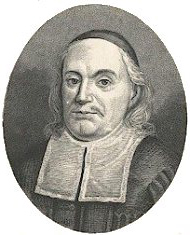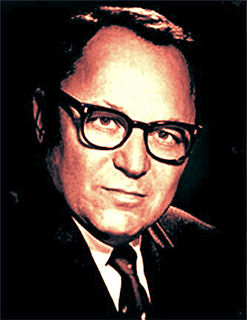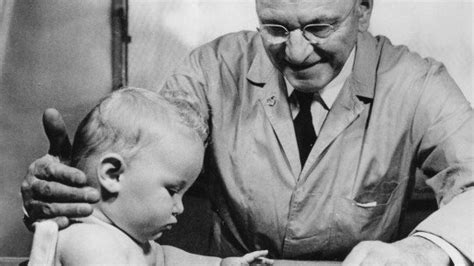A Quote by William Shakespeare
Like one who draws the model of a house beyond his power to build it who, half through, gives o'er, and leaves his part-created cost a naked subject to the weeping clouds.
Related Quotes
And his knowledge remained woefully incomplete, Harry! That which Voldemort does not value, he takes no trouble to comprehend. Of house-elves and children's tales, of love, loyalty, and innocence, Voldemort knows and understands nothing. Nothing. That they all have a power beyond his own, a power beyond the reach of any magic, is a truth he has never grasped.
No man can reveal to you aught but that which already lies half asleep in the dawning of your knowledge. The teacher who walks in the shadow of the temple, among his followers, gives not of his wisdom but rather of his faith and his lovingness. If he is indeed wise he does not bid you enter the house of his wisdom, but rather leads you to the threshold of your own mind.
The world was created because God willed it, but why did He will it? Judaism has maintained, in all of its versions, that this world is the arena that God created for man, half beast and half angel; to prove that he could be a moral being...man was given dominion over nature, but he was commanded to behave towards the rest of creation with justice and compassion. Man lives, always, in tension between his power and the limits set by his conscience.
A man is known by the books he reads, by the company he keeps, by the praise he gives, by his dress, by his tastes, by his distastes, by the stories he tells, by his gait, by the notion of his eye, by the look of his house, of his chamber; for nothing on earth is solitary but every thing hath affinities infinite.
But then to part! to part when Time Has wreathed his tireless wing with flowers, And spread the richness of a clime Of fairy o'er this land of ours; When glistening leaves and shaded streams In the soft light of Autumn lay, And, like the music of our dreams, The viewless breezes seemed to stray 'T was bitter then to rend the heart With the sad thought that we must part; And, like some low and mournful spell, To whisper but one word farewell!
Every spirit builds itself a house; and beyond its house a world; and beyond its world, a heaven. Know then, that the world exists for you. For you is the phenomenon perfect. What we are, that only can we see. All that Adam had, all that Caesar could, you have and can do. Adam called his house, heaven and earth; Caesar called his house, Rome; you perhaps call yours, a cobler's trade; a hundred acres of ploughed land; or a scholar's garret. Yet line for line and point for point, your dominion is as great as theirs, though without fine names. Build, therefore, your own world.
The child's personality is a product of slow gradual growth. His nervous system matures by stages and natural sequences. He sits before he stands; he babbles before he talks; he fabricates before he tells the truth; he draws a circle before he draws a square; he is selfish before he is altruistic; he is dependent on others before he achieves dependence on self. All of his abilities, including his morals, are subject to laws of growth. The task of child care is not to force him into a predetermined pattern but to guide his growth.
The problem with Wal-Mart is that it's a business model premised on offering the customer low prices at any cost - any cost to society, any cost to workers. They've got a lot of competition and have influenced people to follow their model through simply providing a model that is so successful at making profits.
Did you ever see the way the clouds love a mountain? They circle all around it; sometimes you can't even see the mountain for the clouds. But you know what? ... The clouds never cover the head. His head pokes through, because the clouds let him; they don't wrap him up. They let him keep his head high, free.
[Man] is the only animal who lives outside of himself, whose drive is in external things—property, houses, money, concepts of power. He lives in his cities and his factories, in his business and job and art. But having projected himself into these external complexities, he is them. His house, his automobile are a part of him and a large part of him. This is beautifully demonstrated by a thing doctors know—that when a man loses his possessions a very common result is sexual impotence.






































